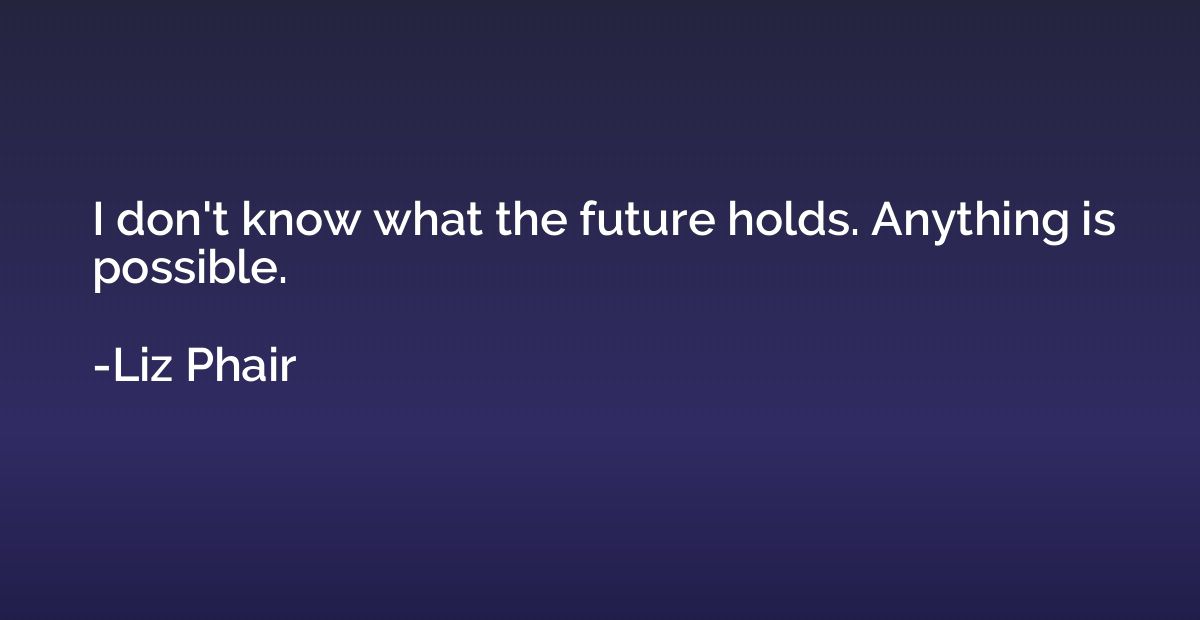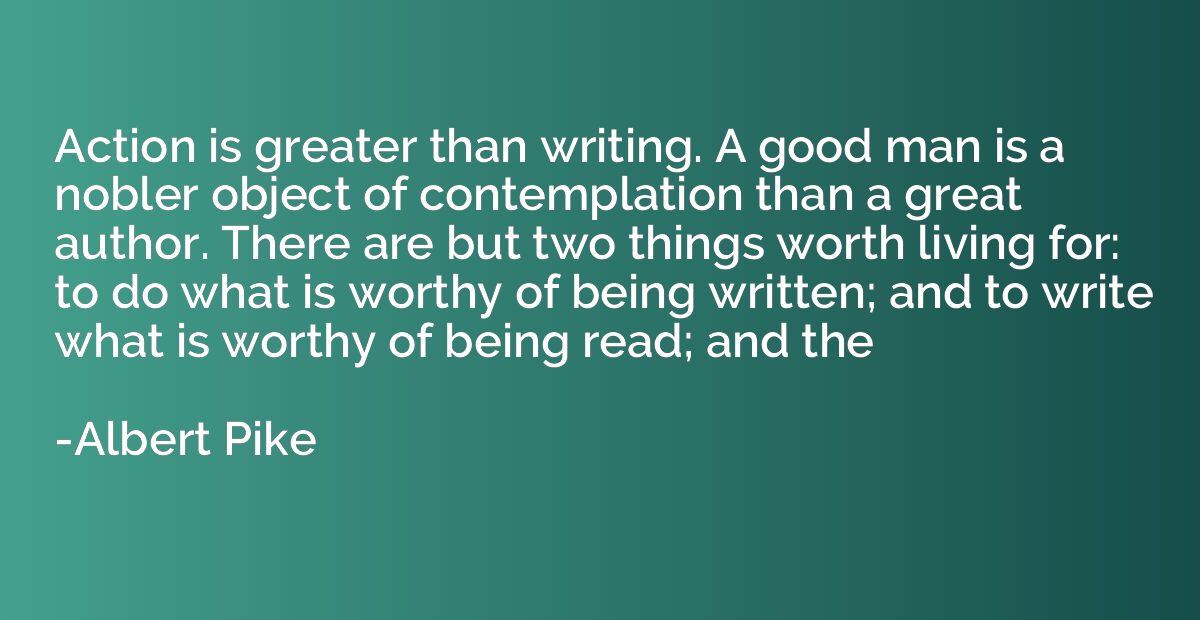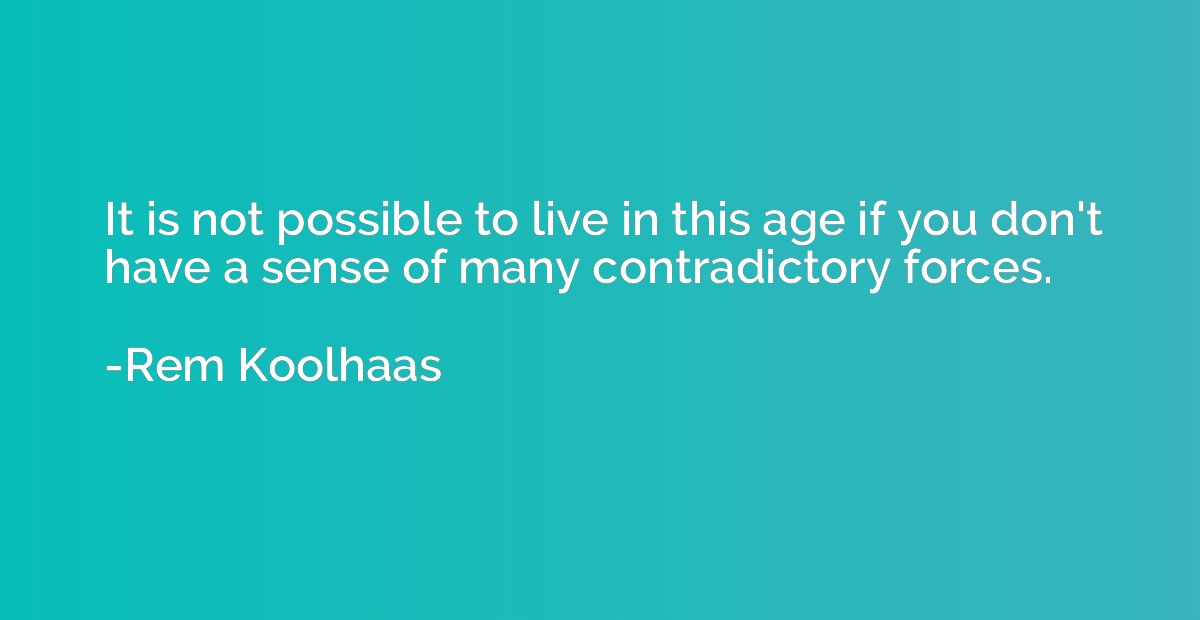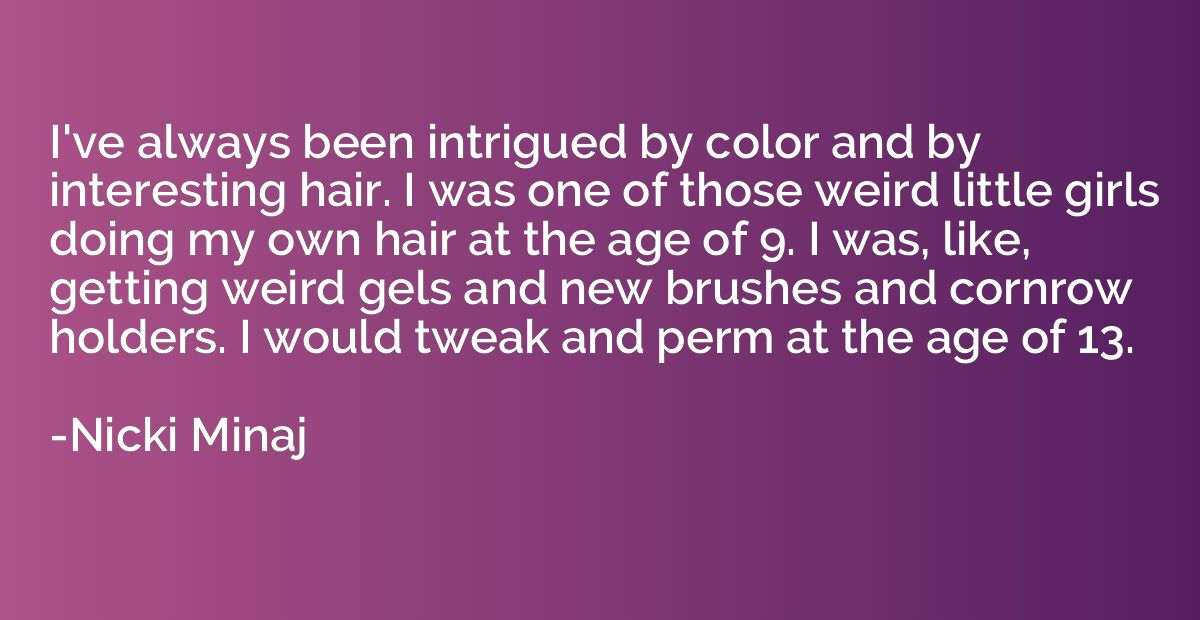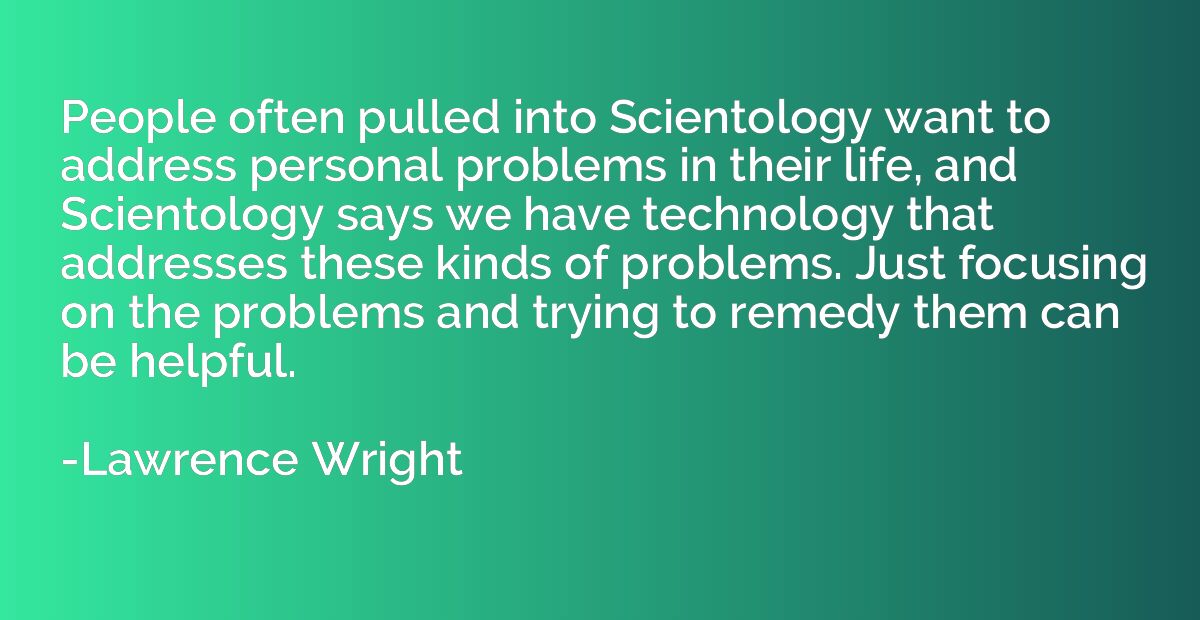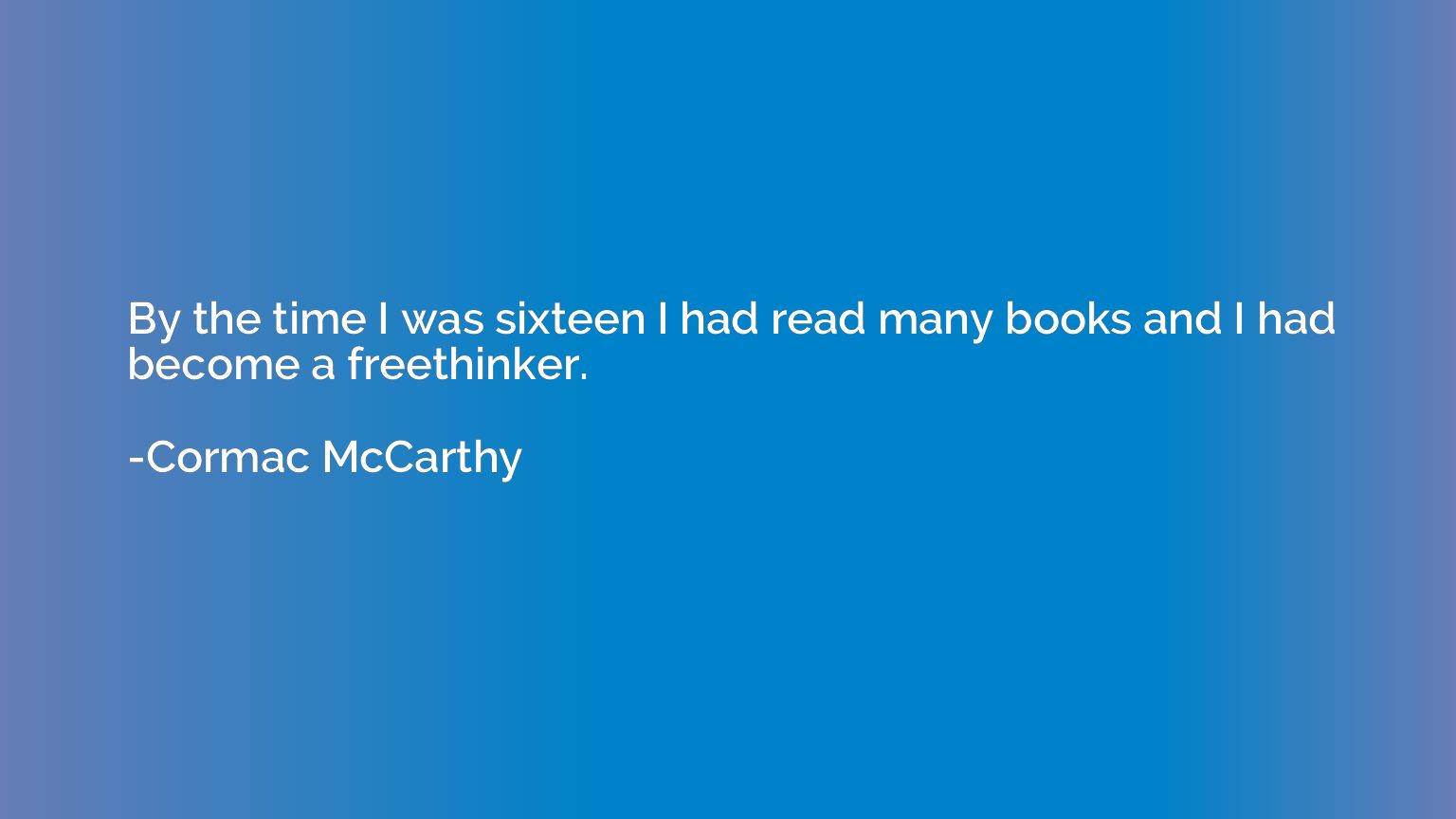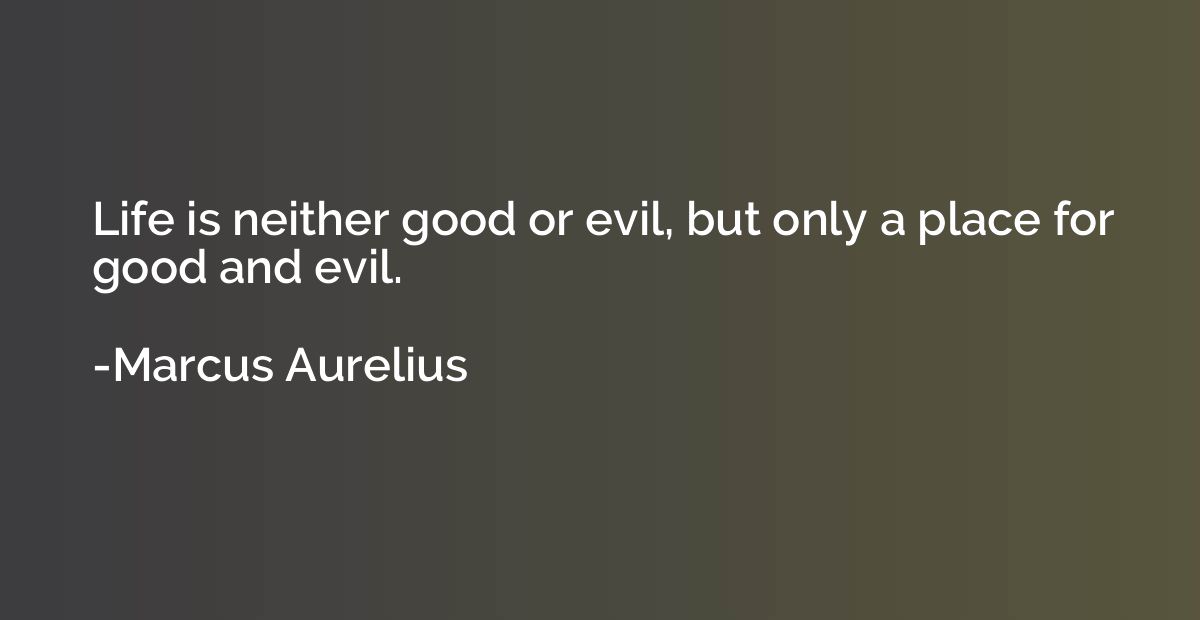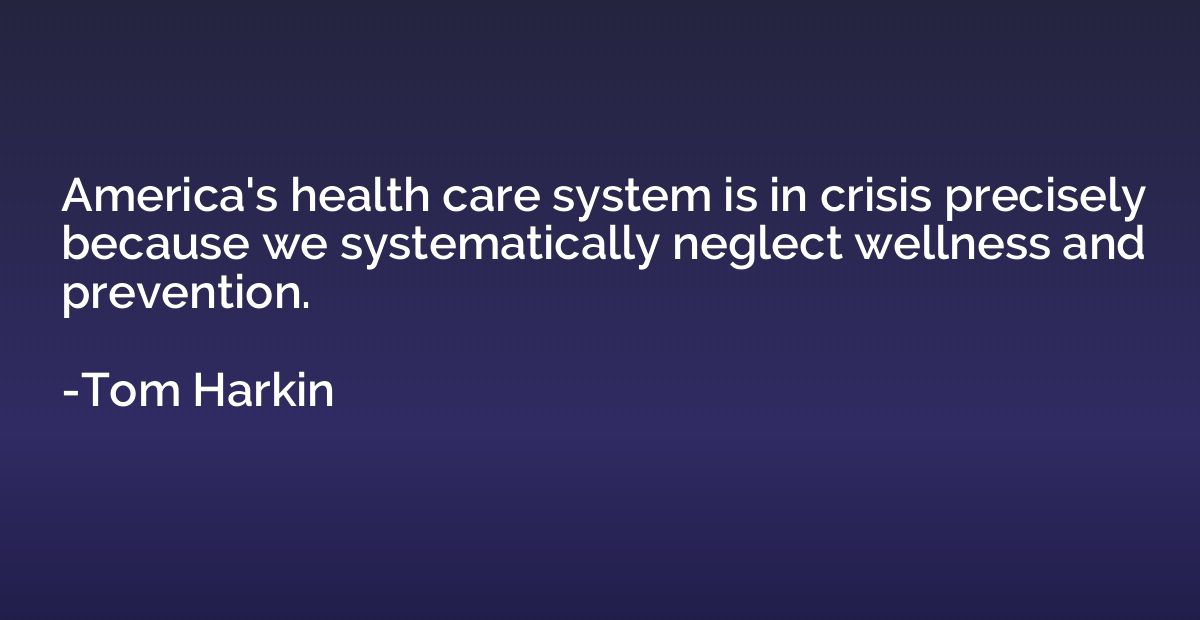Quote by George Eliot
Whether happiness may come or not, one should try and prepare one's self to do without it.
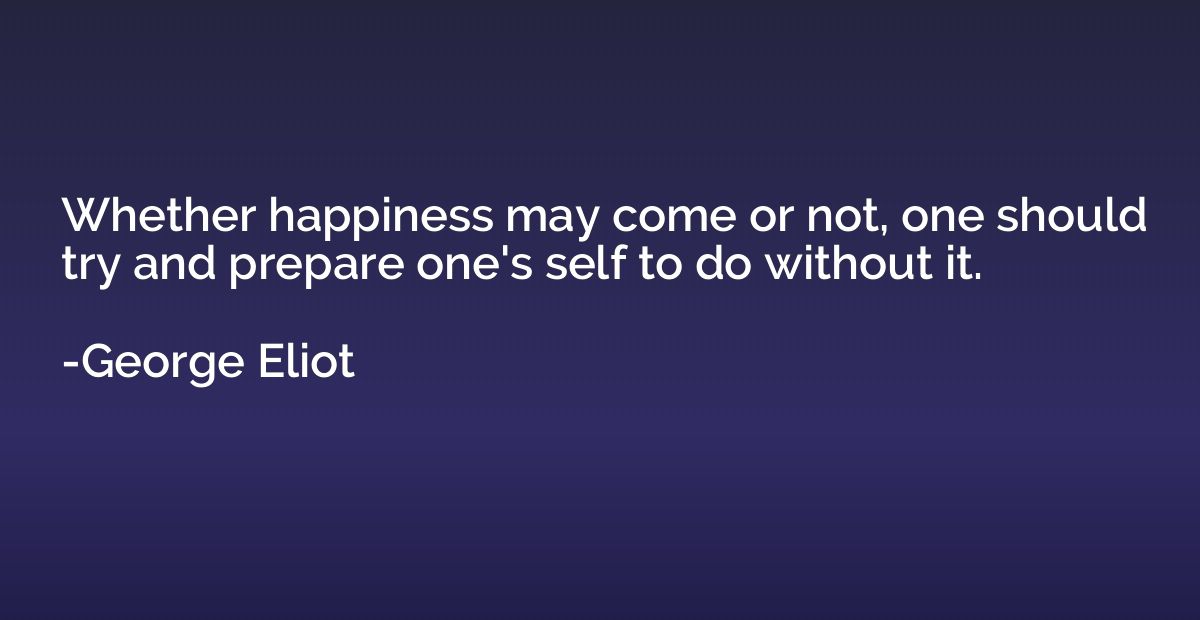
Summary
This quote suggests that instead of relying on external factors like happiness for our sense of well-being, we should focus on cultivating internal resilience. It implies that true contentment comes from being able to find peace and satisfaction within ourselves, regardless of whether happiness is present in our lives. By preparing ourselves to navigate through challenging times without depending on happiness, we can foster inner strength and discover a deeper, more fulfilling source of enduring satisfaction.
By George Eliot




